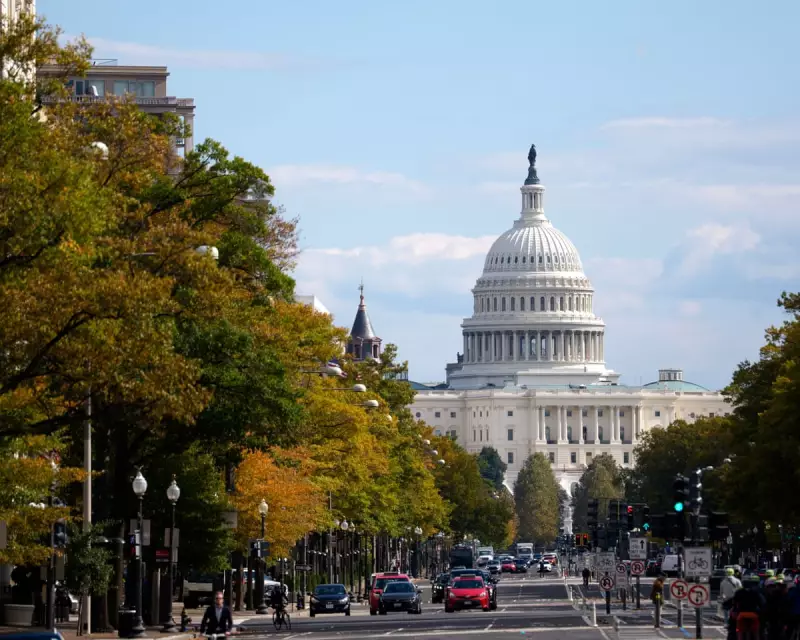
Donald Trump's legal challenges have reached a critical juncture as a Georgia judge officially scheduled his high-stakes election interference trial for August 2025. The decision comes amidst an increasingly complex web of legal proceedings that could dramatically impact the former president's political future.
Georgia Case Takes Centre Stage
Fulton County Superior Court Judge Scott McAfee confirmed the August 2025 trial date, setting the stage for what promises to be one of the most significant legal battles in modern American political history. The case centres on allegations that Trump illegally attempted to overturn Georgia's 2020 election results.
The timing is particularly significant, as the trial would occur after the 2024 presidential election, where Trump remains the leading Republican contender. Legal experts suggest this scheduling could create an unprecedented constitutional scenario should Trump win the presidency while facing criminal charges.
Federal Cases Accelerate
Simultaneously, federal prosecutors are pushing forward with their own election interference case in Washington DC. Recent court filings reveal that special counsel Jack Smith's team has been actively gathering evidence and preparing for potential pre-trial motions.
The federal investigation has reportedly expanded to include examination of Trump's financial records and communications with key advisors during the critical period following the 2020 election. Prosecutors appear to be building a comprehensive timeline of events leading up to the January 6th Capitol riot.
Political Implications Deepen
These legal developments are creating ripple effects across the political landscape:
- Republican allies have intensified their criticism of what they describe as "politically motivated prosecutions"
- Democratic leaders maintain that "no one is above the law" regardless of political position
- Polling suggests the cases are influencing voter perceptions ahead of potential campaign announcements
The convergence of multiple legal timelines presents both challenges and opportunities for Trump's political operation. While his team has successfully used the investigations to rally core supporters, the practical constraints of managing simultaneous legal defences could strain resources.
What Comes Next?
Legal observers are watching several key developments:
- Potential appeals of recent court decisions
- Motions to delay or combine cases
- Further indictments of additional co-defendants
- Supreme Court involvement in constitutional questions
The coming months will be crucial in determining whether any of the cases reach trial before voters potentially return Trump to the White House. The judicial system finds itself navigating uncharted territory, balancing legal imperatives against political realities in a deeply divided nation.





